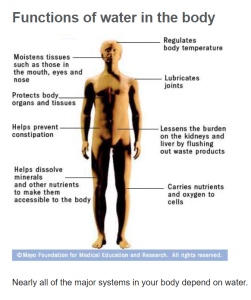Children, teens and families are navigating difficult times. Sometimes it can be hard to tell whether day-to-day stress is getting the best of us, or when something more serious may be going on. In either case, talking with your child’s pediatrician is a great place to start.
What to look for in your child or teen
It’s normal for your child to experience difficult thoughts, feelings and emotions. When these issues occur more than usual and begin to get in the way of regular functioning, it could be a sign of something more serious.
Here are some signs to look for that may signal the need for additional support.
- Feeling “on edge” or “wound up” most of the time
- Worrying about things for no reason or having negative thoughts that are hard to control
- Feeling panicky or having physical symptoms like headaches, stomach pains, rapid breathing, fast heartbeat or diarrhea
- Avoiding activities because of fear or anxiety
- Changes in sleep habits (trouble sleeping or being tired during the day)
- Changes in eating habits (eating too much or too little)
- Being quick to give up on challenging tasks
- Struggling with schoolwork
- Spending more time alone
- Feeling sad or irritable
- Feeling guilty about things
- Talking about death or suicide
How your child’s pediatrician can help
Talk with your child’s pediatrician if you have noticed signs or symptoms that concern you. Even if you’re just wondering if something is “normal” for your child’s developmental level, your child’s pediatrician is an ideal source of support.
Source: healthychildren.org







